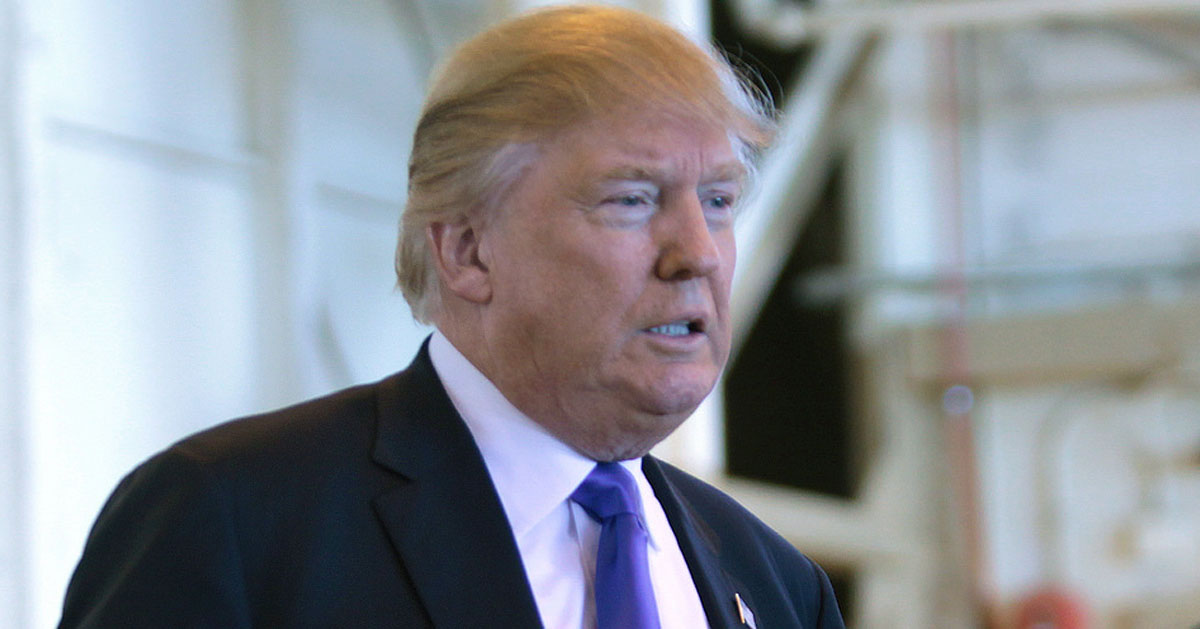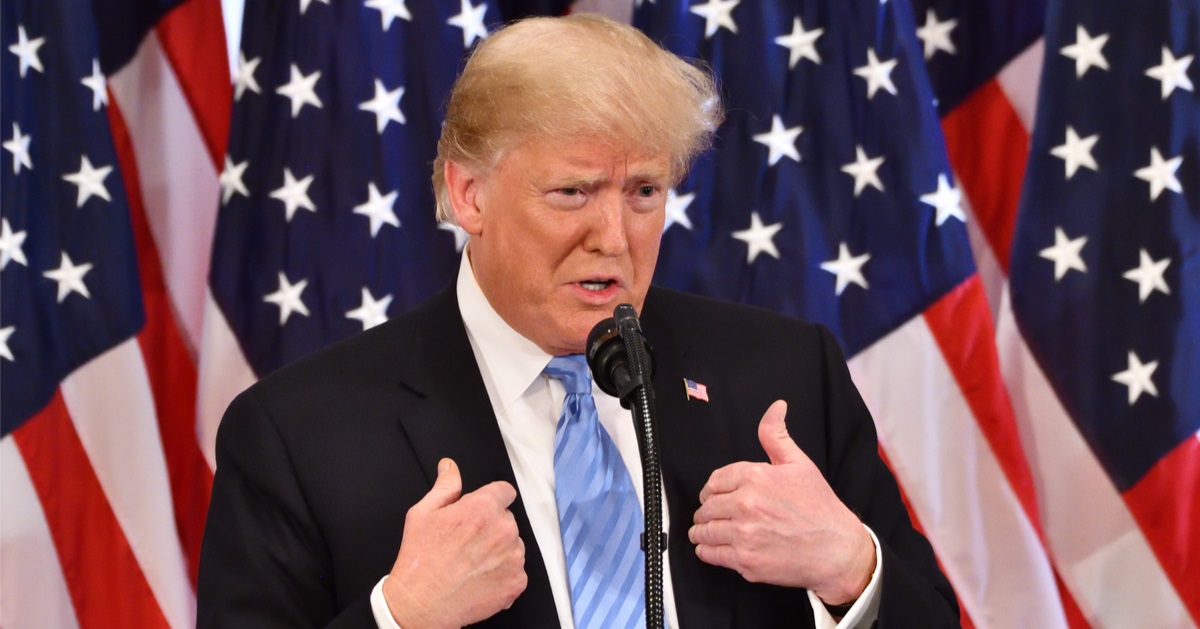Supreme Court to examine Hawaii's restrictive gun law on private property
Buckle up, patriots—Hawaii’s gun control saga just landed on the Supreme Court’s desk, and it’s a doozy. The nation’s highest court has agreed to tackle a challenge against a state law that clamps down on carrying firearms on private property without explicit permission from the owner, Fox News reported.
This isn’t just about Hawaii; it’s about whether Second Amendment rights can be sidelined by overreaching state rules.
The crux of this case is a Hawaii law, signed in June 2023 by Gov. Josh Green, that restricts where law-abiding citizens can carry their firearms for self-defense.
Let’s rewind to the beginning. Back in June 2023, Gov. Green put pen to paper on a law that bans guns not just in public spots like beaches and parks, but also on private property unless the owner gives a clear thumbs-up. This sparked immediate outrage among gun rights advocates who saw it as a direct jab at constitutional freedoms.
Origins of a Second Amendment Battle
Three Hawaii residents, alongside a Honolulu-based gun advocacy group, didn’t take this lying down. They filed a challenge, arguing the law makes it nearly impossible to carry a firearm for self-defense in the state. Their plea: “impossible as a practical matter” to exercise their rights.
“Impossible as a practical matter” indeed—turns out, when you can’t step into a store or parking lot without risking a crime, your freedoms are more than just inconvenienced. The plaintiffs got a brief win when a judge blocked the law, but the 9th U.S. Circuit Court of Appeals largely overturned that, siding with Hawaii. Some might call that a judicial facepalm, but we’ll stick to the facts.
Judge Lawrence VanDyke wasn’t shy in his dissent, calling out the law for effectively nullifying “the Second Amendment rights of millions of Hawaiians.” That’s a zinger with teeth, and it’s hard to argue when a state’s default stance seems to be “no guns, no way” on private land. The question remains: whose rights trump here—property owners or gun carriers?
Hawaii’s Defense and Federal Pushback
Hawaii’s legal team fired back, insisting there’s “no right” to carry firearms on someone else’s property without consent. Fair point on property rights, but when most owners don’t even post signs clarifying their stance, doesn’t that just trap law-abiding folks in a legal gray zone? It’s less about safety and more about control, if you ask this observer.
The Trump administration’s brief didn’t mince words, arguing that historically, folks could carry on private land unless told otherwise. They noted that Hawaii’s rule acts as a “near-complete ban” on public carry since everyday spots like malls and gas stations become no-go zones without explicit permission. That’s not just a restriction—it’s a stranglehold.
They went further, claiming the law “serves no legitimate purpose” beyond stifling Second Amendment rights. If a state can disguise a near-total ban as a mere regulation, what’s stopping others from following suit? It’s a slippery slope, and the Supreme Court’s 2022 ruling on public carry rights looms large over this debate.
Supreme Court’s Narrow Focus Emerges
Speaking of that 2022 decision, the Supreme Court struck down New York’s tight concealed-carry rules, affirming that law-abiding citizens have a right to bear arms outside their homes for self-defense. Justice Clarence Thomas wrote that this right is clear under the Second and Fourteenth Amendments. Hawaii claims they’ve updated their laws to comply, but the plaintiffs beg to differ.
Now, the Supreme Court has stepped in, but they’re not taking on the whole enchilada of Hawaii’s restrictions. They’ve zeroed in solely on the private property aspect, leaving public spaces like parks and beaches out of the current fight. Arguments are slated for later this term, with a ruling expected by June 2026.
This narrow focus might seem like a sidestep, but it’s a critical piece of the puzzle. If the Court rules against Hawaii, it could set a precedent that state overreach on private property gun bans won’t fly under the Second Amendment. If they side with the state, well, expect more creative “regulations” to pop up nationwide.
What’s at Stake for Gun Rights
Let’s not sugarcoat it: this case is a battleground for how far states can push before they stomp on constitutional rights. The Trump administration’s argument that Hawaii’s law functions as a de facto ban hits hard—everyday errands shouldn’t turn law-abiding citizens into criminals. It’s common sense meeting constitutional principle.
On the flip side, Hawaii’s stance on property owner consent isn’t without merit, but when the default is prohibition, it feels more like a progressive agenda than a balanced policy. The reality for many Hawaiians is a chilling effect on their right to self-defense, and that’s not a small thing to brush aside.
As we await the Supreme Court’s decision, one thing is clear: the Second Amendment isn’t just a suggestion, it’s a safeguard. This case could either reinforce that truth or let states chip away at it under the guise of regulation. Here’s hoping the justices remember that rights aren’t negotiable, even when the Aloha State tries to rewrite the rulebook.






